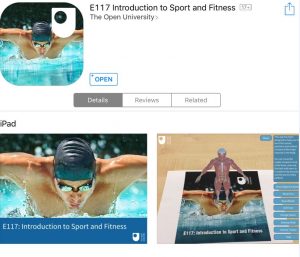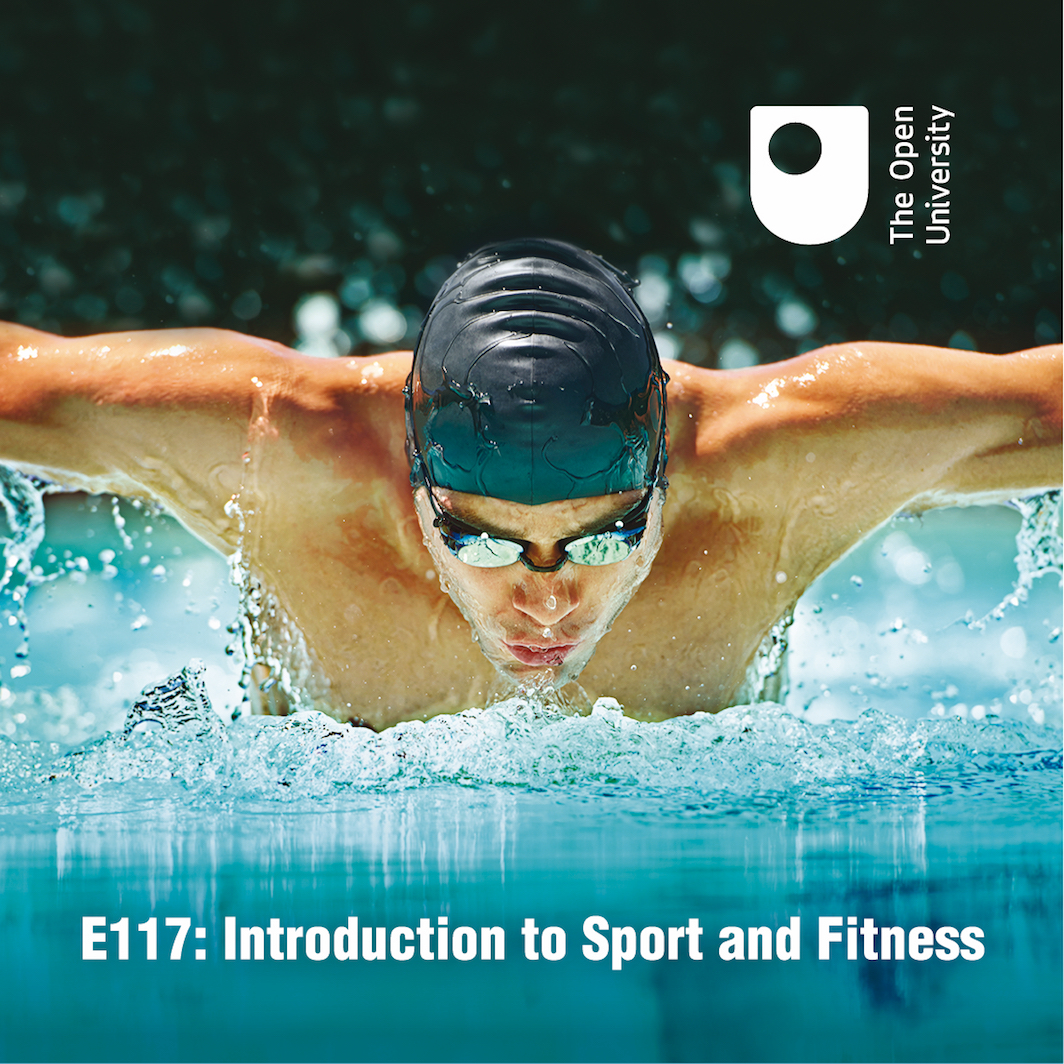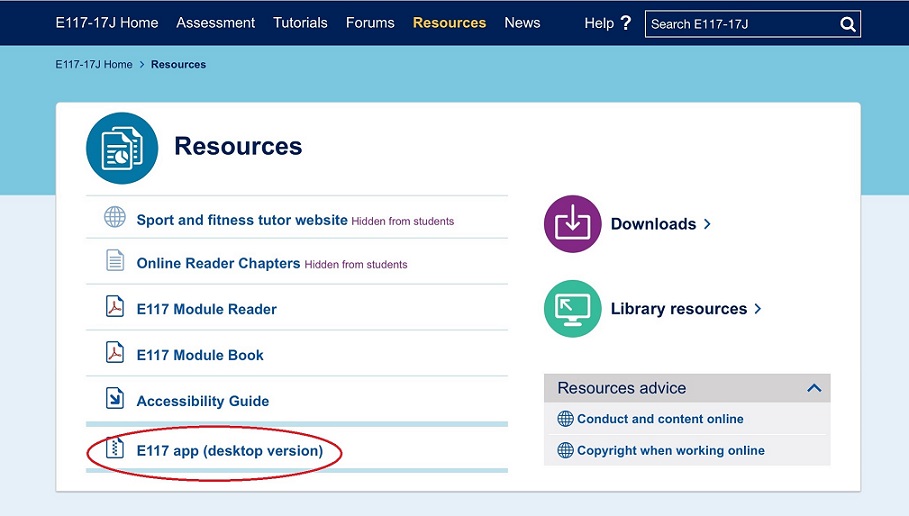By Candice Lingam-Willgoss and Karen Howells
Introduction
Comic book heroes come in all shapes and sizes, but each possesses that one unique ability which makes them ‘super’. As children we are excited by these super beings and dream of one day being like them. As adults, these super abilities stimulate our childhood fantasies and allow us to suspend reality for brief periods of time. Whilst many of us have our favourite superhero, and have an opinion on the best film, it has been widely recognised that every superhero falls into one of Marvel’s five categories: altered humans (e.g.,Spiderman) high tech wonders (e.g. Ironman), mutants (e.g.Wolverine), robots (e.g.Ultron) and aliens (e.g. Superman).
Utilising the latest technology in cinematography combined with breath-taking special effects, the recent superhero movie Deadpool brought to life one of these categories, altered humans. In Deadpool, Wade Wilson is a former Special Forces operative who now works as a mercenary having being transformed into Deadpool by evil scientist Ajax. Demonstrating further that the superhero phenomena is still very prevalent in our interest, the much anticipated Batman vs Superman which is due in cinemas at the end of March 2016 portrays the battle between the high tech wonder (Batman) and alien (Superman). One possesses superior intelligence, high quality training and the best technology that money can buy while the other relies on his innate unattainable superpowers. With the ever developing areas of technology and science could future advancements mean we are not so far away from creating our own superheroes, or do they already exist? In answering this question, we can look towards the popular and pervasive social institution that is sport. Does this provide us with an environment that has inadvertently created real life super heroes?
Physical Attributes and Physiology
The goal of elite athletes is to bike, swim or row faster, to run further, or to fight for longer, with more precision and more agility. Whilst every generation must wonder about how much more as human beings we can achieve, research by Joyner (1991) found that from a physiological basis there is still more scope for further physical improvements, which can translate into significant improvements in, for example, running times. In the same way that Roger Bannister broke the 4 minute mile in 1954, it is possible that the athletes of today may be on the verge of attaining the elusive sub 2 hour marathon. Whilst our imagination may wonder at the potential for the future, it has to be acknowledged that a range of physiological regulators including, VO2max, running economy, threshold running pace and thermoregulation will limit the ultimate potential of human performance. Frequently we hear of athletes challenging these limits through altering what the body would normally be capable of achieving. In the comic book world Peter Parker was a regular human being until he was bitten by a genetically engineered super-spider. Spiderman is the result, part human DNA, part spider. Frighteningly, we are on the edge of genetic engineering in sport being a practical if completely undesirable possibility. In 2008 Professor Wells warned in the BMJ that “some commentators have raised concerns that genetic modification or “gene doping” will be the next step in the search for enhanced performance”. Although this still exists within the domain of science fiction, the recent doping scandals that have rocked World Athletics and Cycling demonstrate the lengths to which some athletes will go to achieve the physiological changes that will facilitate enhanced and superior performance.
Psychology
Talking in 2013 Michael Phelps’ coach, Bob Bowman acknowledged that there is very little in terms of physiology that distinguishes between the good and the very good. He suggested that what distinguishes the superelite from the rest, is their psychology and how they think, feel and manage the pressures of elite competition. Maybe this is where elite athletes’ characteristics mirror those of the superheroes of our childhood dreams. Whilst the unique ability to handle extreme competitive pressure may or may not be innate, the competitive and challenging sporting environment may allow the development of strategic understanding, mental toughness and resilience, all concepts that are vital to these athletes whose physical successes may identify them as being superhuman individuals. For Batman, genius level intelligence was one of his unique characteristics allowing him to be a master detective. Interestingly, the literature suggests that personal intelligence is a key factor in promoting resilience.
Science and Technology
While many of our comic book superheroes possessed innate qualities and elite champions possess physical attributes well suited to their specific sport, science and technology has the potential to contribute both positively and negatively to the development of the superhero athlete. Within comic books this type of superhero is prevalent, Ironman was created and powered by scientific advancements and Batman was able to buy the most cutting edge technology available, and while these two superheroes remain comic book creations, there are already versions of this form of technology finding its way into the real world. Take for example the advances in robotics that are being used in military sectors such as the US military utilising swarm robotics as a cornerstone of future drone development or the innovation within exoskeleton technology that has come on to such a degree that the effort can be taken out of walking. Forms of this technology are regularly seen in a sporting arena, consider the controversy that was created in 2007 over Oscar Pistorius’ use of prosthetic ‘blades’. This led to the IAAF amending their rules to ban the use of “any technical device that incorporates springs, wheels or any other element that provides a user with an advantage over another athlete not using such a device”. Initially, Pistorius was ruled ineligible for competitions although following a lengthy appeal it was determined that blades did not provide a competitive advantage over able-bodied runners.
Conclusion
The fact remains that while the average human may be able to increase their speed, reaction time, power and mental strength we are still far away from the development of real life superheroes. And perhaps we should be grateful for this. In the comic book culture, the superhero only exists in contrast to a dark force, each superhero has his or her evil nemesis Superman had Lex Luther, Batman the joker and it begs the question if we create heroes will we also create villains?





